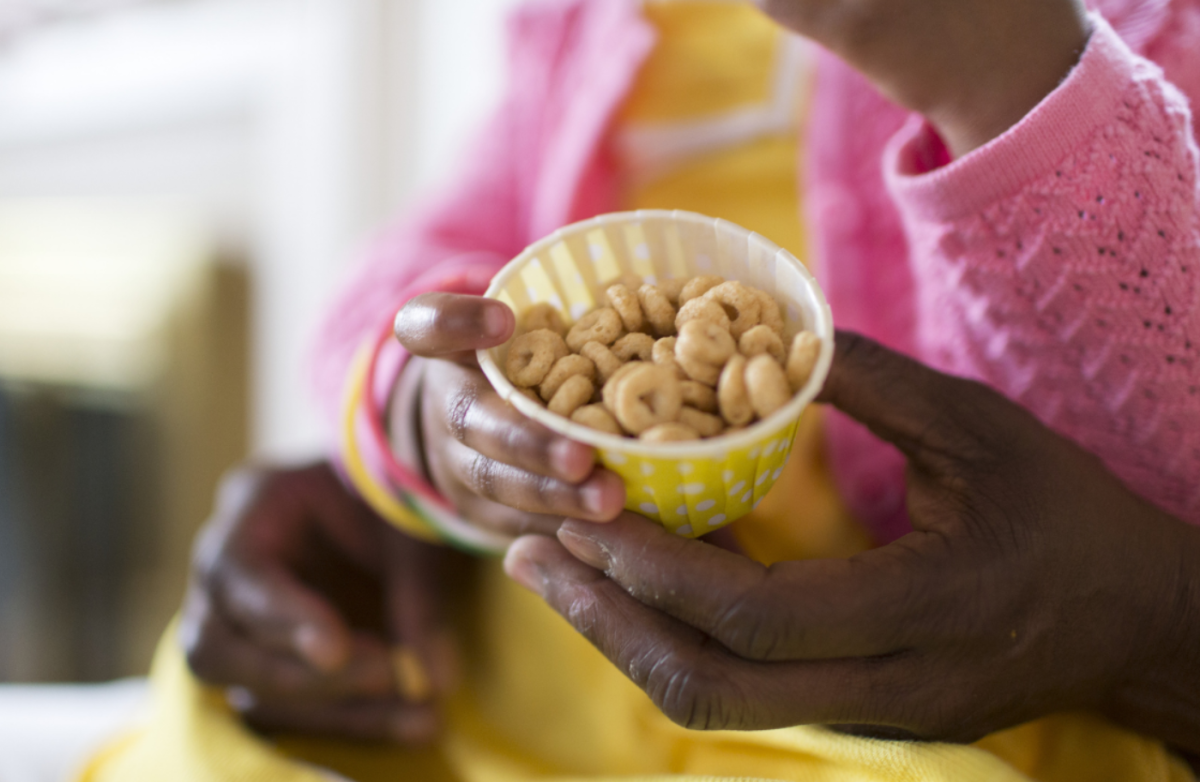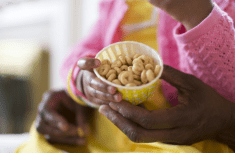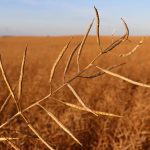SAO PAULO (Reuters) – Soybean harvesting and
planting of the main corn crop in Brazil’s second-largest
producer of grains is far behind what occurred last year, as
excessive rains delay field work, Paraná’s research body, Deral,
said on Thursday.
The state, which together with Mato Grosso makes up the bulk
of Brazil’s soy and corn production, has been heavily impacted
by wetter than normal weather in recent weeks, which delayed
maturation of soy fields, prevented machines from collecting
beans and pushed forward planting plans for winter corn.
Read Also

General Mills keeps annual outlook as North America demand softens
General Mills maintained its annual sales and profit forecasts on Wednesday, as the Cheerios maker grapples with rising economic uncertainty and softer demand in key markets, including North America.
Deral said in a report on Thursday that soy harvest reached
only 9 percent of planted area, compared with 31 percent at this
time last year.
Second corn crop (winter corn) planting has been completed
in 16 percent of the expected area, far from the 48 percent seen
at this period in 2017.
The situation will push farmers to plant the winter corn off
the optimal window, elevating risks with dryer and colder
weather ahead.
The delayed soy harvest could also cause logistical problems
in the state, according to Ocepar, a body representing Paraná’s
grain cooperatives (around 70 percent of the soy and corn
produced in the state are delivered to coops).
“There are some coops that should have received some 90
percent,” said Maiko Zanella, an agricultural analyst at Ocepar.
But Deral still expects large soy and corn crops in the
state. It raised its estimate for the oilseed’s production to
19.28 million tonnes versus 19.26 million tonnes previously.
It expects the second corn crop to reach 12.35 million
tonnes versus 12.28 million tonnes before.














